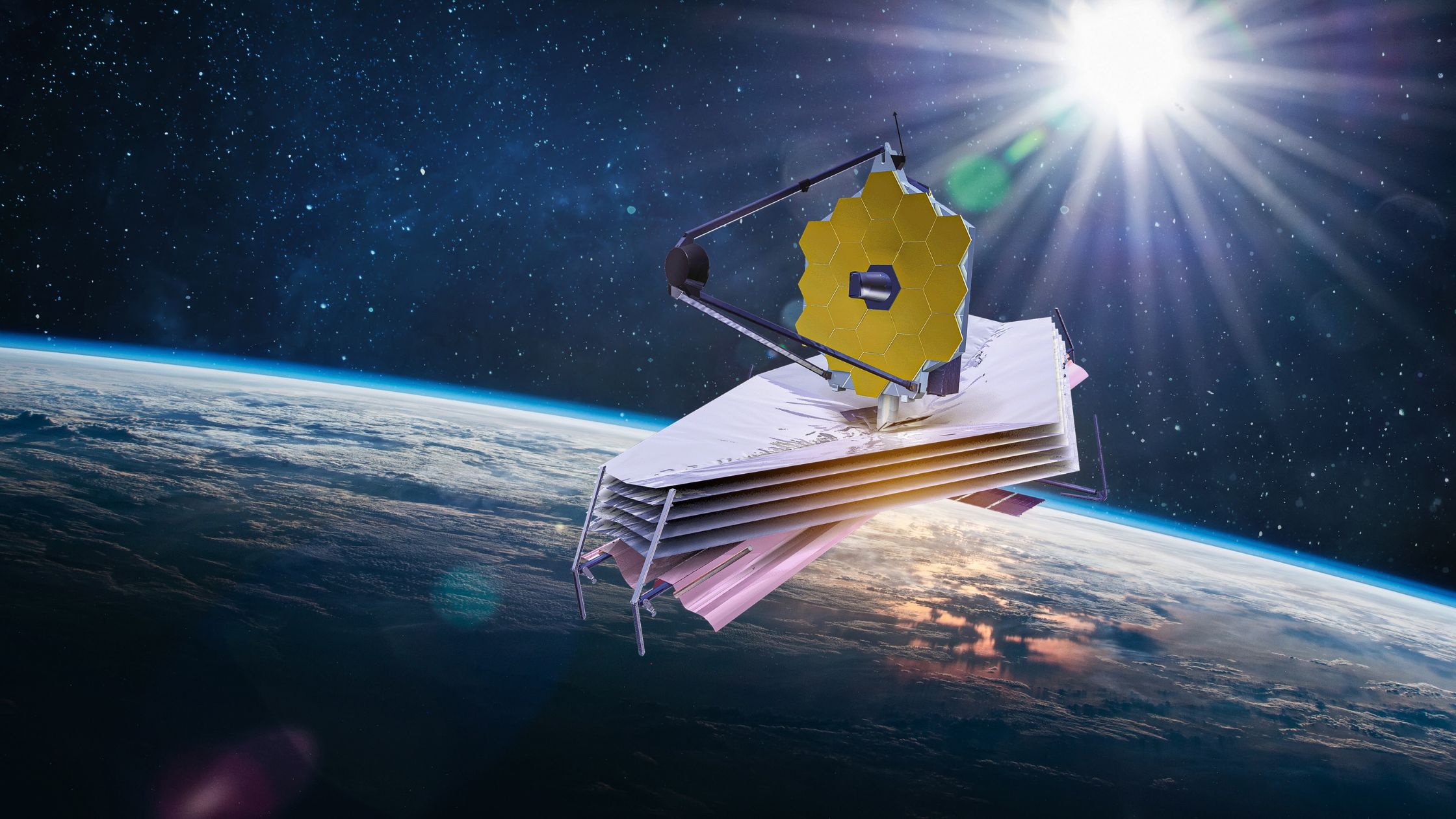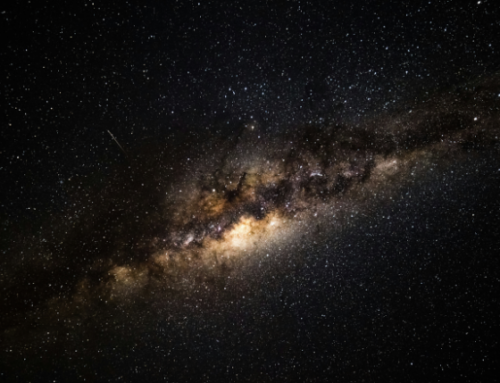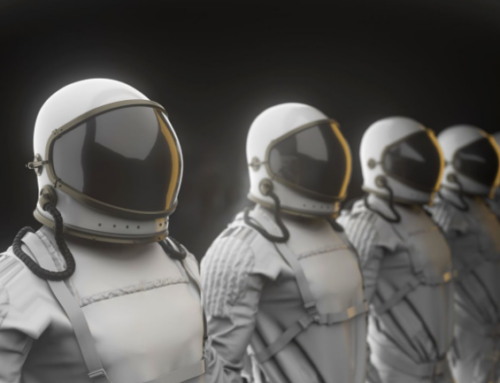The James Webb Space Telescope (JWST) is already one the biggest astronomical breakthroughs. Launched in 2021, the $10 billion project is the largest and most powerful space-based observatory ever created. Webb was designed to study a wide range of phenomena such as the formation of stars and planets, the atmospheres of exoplanets, and the nature of the early universe.
Webb is a gigantic and exceptionally complex spacecraft. JWST’s potential stems from a talented, interdisciplinary team of astronomy visionaries – many of them women. Here, we take a closer look at several notable women associated with JWST, highlighting their contributions to both this important project and astronomy at large.
Dr. Amber Straughn
Dr. Amber Straughn is an astrophysicist who works at NASA’s Goddard Space Flight Center. She is also the Deputy Director of NASA’s Astrophysics Science Division. Straughn serves as the Deputy Project Scientist for Communications for JWST and is actively engaged in a wide variety of education and public outreach activities for the project – as well as other science research at NASA. You have probably seen her on TV – somewhere – more than once talking about space science. Straughn’s scientific research has focused on star-formation, galaxy formation and evolution, galaxy mergers and interactions, and black holes.
Dr. Jane Rigby
Dr. Jane Rigby is an astrophysicist who works at NASA’s Goddard Space Flight Center and serves as Senior Project Scientist for JWST. Rigby was one of the three commissioning scientists for JWST. Her current position entails offering the scientific leadership needed to assure that JWST meets its mission’s scientific requirements. During her career Rigby has developed a range of new techniques to study galaxy evolution, star-forming galaxies, and active galactic nuclei. Dr. Rigby is a prominent member of the astrophysics community and among her awards, she has received the 2022 LGBTQ+ Scientist of the Year award by Out to Innovate, the Explorers Club Citation of Merit, and the Fred Kavli Prize Plenary Lecturer.
Dr. Heidi Hammel
Dr. Heidi Hammel serves as an Interdisciplinary Scientist for JWST. Hammel is a planetary astronomer known for her work on our solar system’s outer planets and their atmospheres. Hammel, a longstanding expert in Hubble observations of the solar system, is an interdisciplinary scientist for JWST, aiding the project across various research efforts – particularly in exploring the telescope’s capabilities for planetary science. She has worked on other Earth-based and space-based telescopes and led the Hubble Space Telescope team that observed the impact of comet Shoemaker-Levy 9 into Jupiter. In 2020, Hammel earned the Masursky Award of the American Astronomical Society’s Division for Planetary Sciences.
Dr. Stefanie Milam
Dr. Stefanie Milam is a planetary scientist and astrochemist who works at NASA’s Goddard Space Flight Center and serves as the JWST mission’s Deputy Project Scientist For Planetary Science. Milam’s expertise in chemistry and the study of comets and asteroids examines the origin of these small bodies and their contribution to the formation of larger objects such as planets. Specifically she looks at the various ices that comprise a large portion of these objects. Her research has also focused on evolved stars, star formation regions, protoplanetary disks, and Near Earth Objects. She led the study team for solar system science for the WFIRST mission and received the NASA Exceptional Achievement Scientific Medal in 2022.
These women scientists, among many others, collectively represent the bold, ambitious, and multifaceted body of research driving one of astronomy’s most noteworthy initiatives. Their roles – as well as that of many up-and-coming female scientists – will further expand the diversity of the teams that conduct space science. The contributions of these four female scientists not only expand our understanding of the universe – but also serve as an inspiration for these future generations of women who will be joining their exploration teams in years to come.






